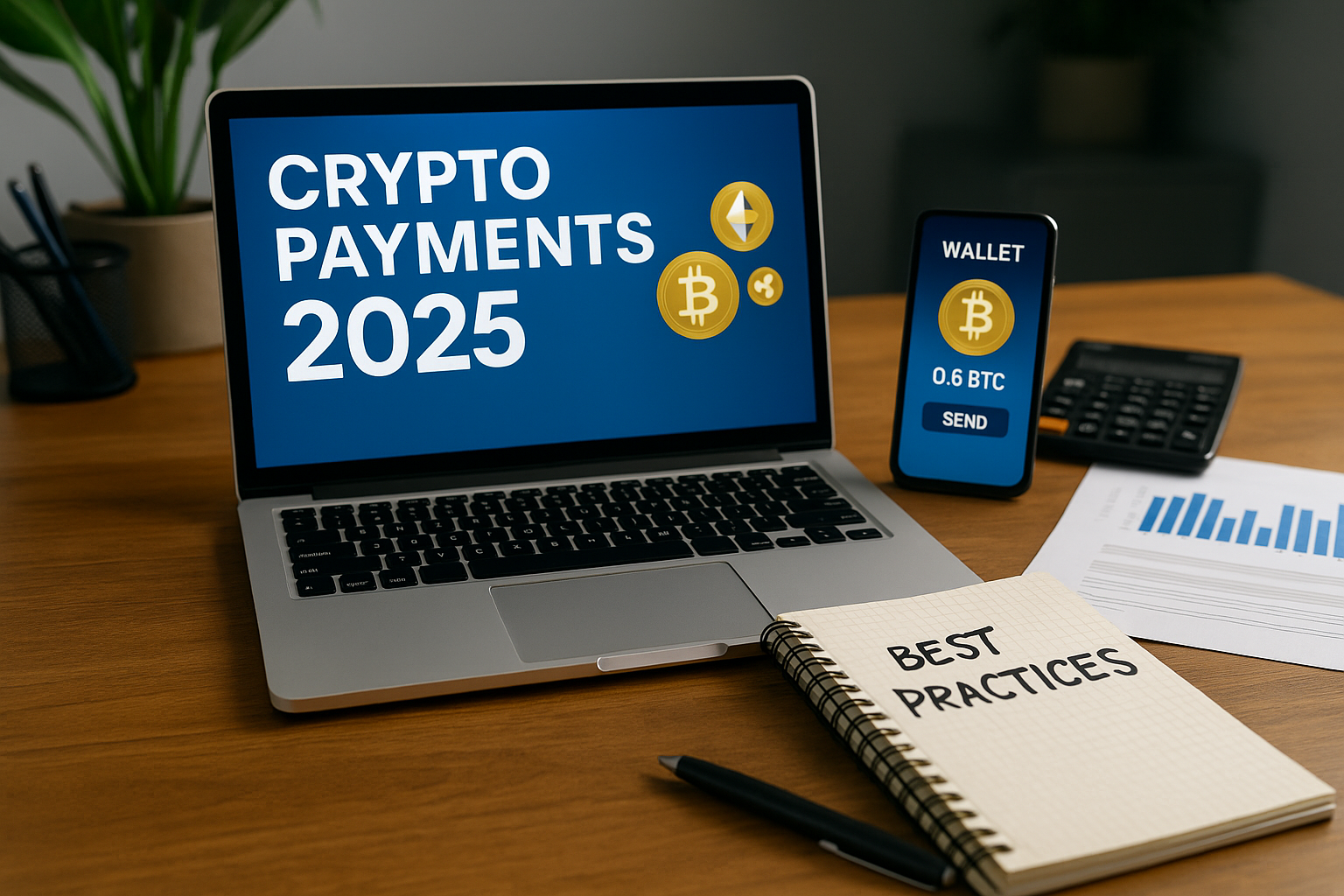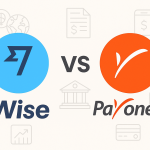Crypto Payments 2025: Best Practices for Freelancers
Cryptocurrency payments are no longer a niche option — in 2025, they are a mainstream alternative for freelancers who work with clients worldwide. From avoiding traditional banking fees to enabling near-instant cross-border transactions, crypto can be a powerful tool. However, freelancers must follow best practices to ensure they get the benefits without unnecessary risks.
Why Freelancers Use Crypto in 2025
- ✅ Lower fees compared to PayPal or international bank transfers
- ✅ Instant global transactions without SWIFT delays
- ✅ Access to stablecoins that eliminate volatility risk
- ✅ Growing acceptance among tech-savvy clients and startups
1. Choosing the Right Cryptocurrency
Freelancers should prioritize stablecoins (USDT, USDC, DAI) rather than volatile assets like Bitcoin or Ethereum for payments. Stablecoins are pegged to fiat currencies and protect freelancers from sharp market fluctuations.
2. Using Secure Wallets
Always use a reputable wallet to store and receive payments. Options include:
- Hardware wallets (Ledger, Trezor) — maximum security.
- Non-custodial mobile wallets (Trust Wallet, MetaMask) — good balance between security and usability.
- Exchange wallets (Binance, Coinbase) — convenient, but less control over private keys.
3. Setting Payment Terms
To avoid confusion, freelancers should define:
- The currency of payment (e.g., USDT on Ethereum, USDC on Polygon)
- Network fees responsibility (who pays gas/transaction costs)
- Conversion rights (when to convert to fiat to reduce exposure)
4. Converting to Fiat
While some freelancers hold crypto as an investment, most need to convert at least part of their earnings to local currency. Use trusted exchanges like Binance or Coinbase for liquidity. Binance, in particular, is popular among freelancers for its low trading fees and global reach.
👉 If you want to easily cash out crypto earnings, you can sign up on Binance here.
5. Tax and Compliance
In many countries, crypto earnings are taxable. Freelancers should:
- Keep transaction records (date, amount, conversion rate).
- Report income based on local tax laws.
- Use accounting tools like CoinTracker or Koinly to simplify reporting.
6. Risks and How to Mitigate Them
- Volatility: Use stablecoins to minimize price swings.
- Scams: Accept payments only from verified clients and use escrow when possible.
- Lost funds: Always back up wallet keys and enable two-factor authentication.
Final Thoughts
Crypto payments in 2025 are no longer experimental — they are a practical option for freelancers who want fast, low-cost, and global transactions. The best approach is to combine stablecoins, secure wallets, and clear payment terms while converting part of earnings into fiat regularly. For many freelancers, using platforms like Binance provides the perfect balance of speed, security, and accessibility.
Disclosure: This article contains affiliate links. We may earn a commission if you sign up for Binance via our link, at no extra cost to you.





